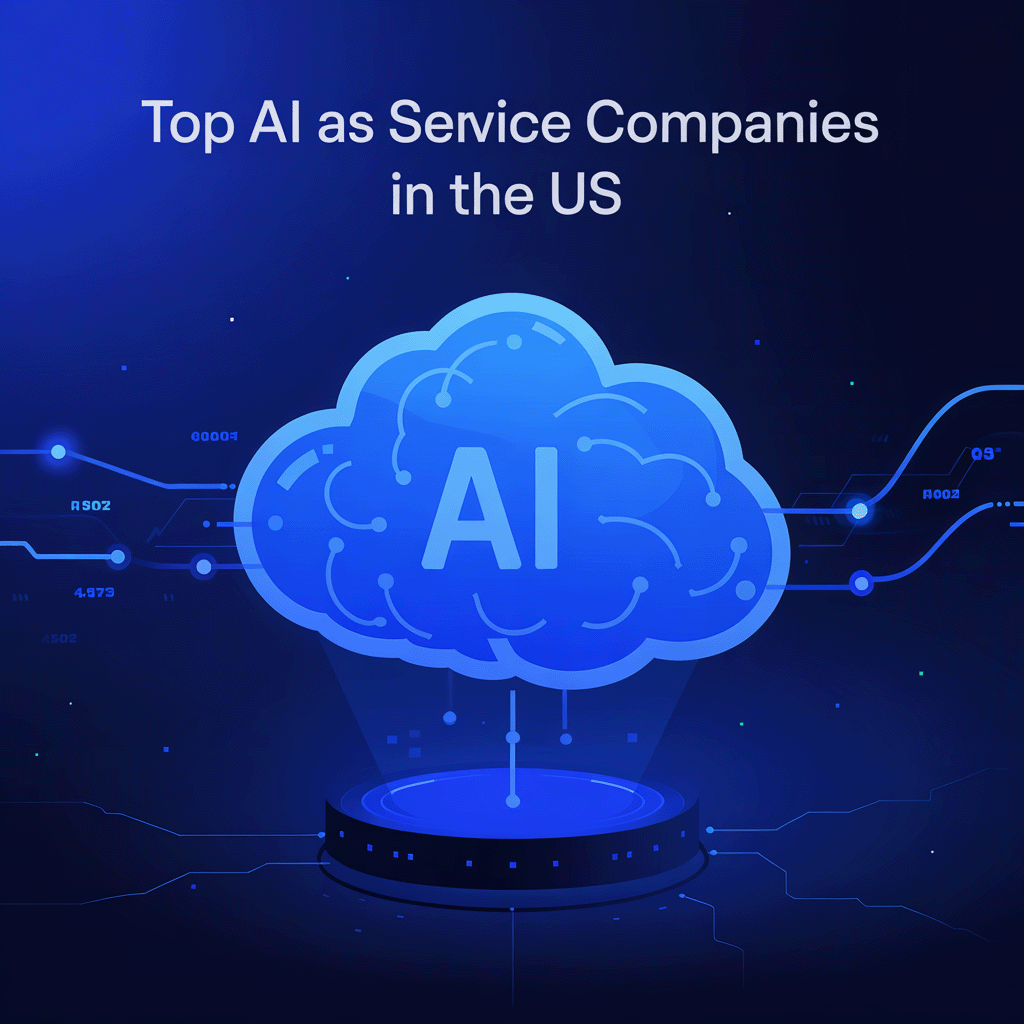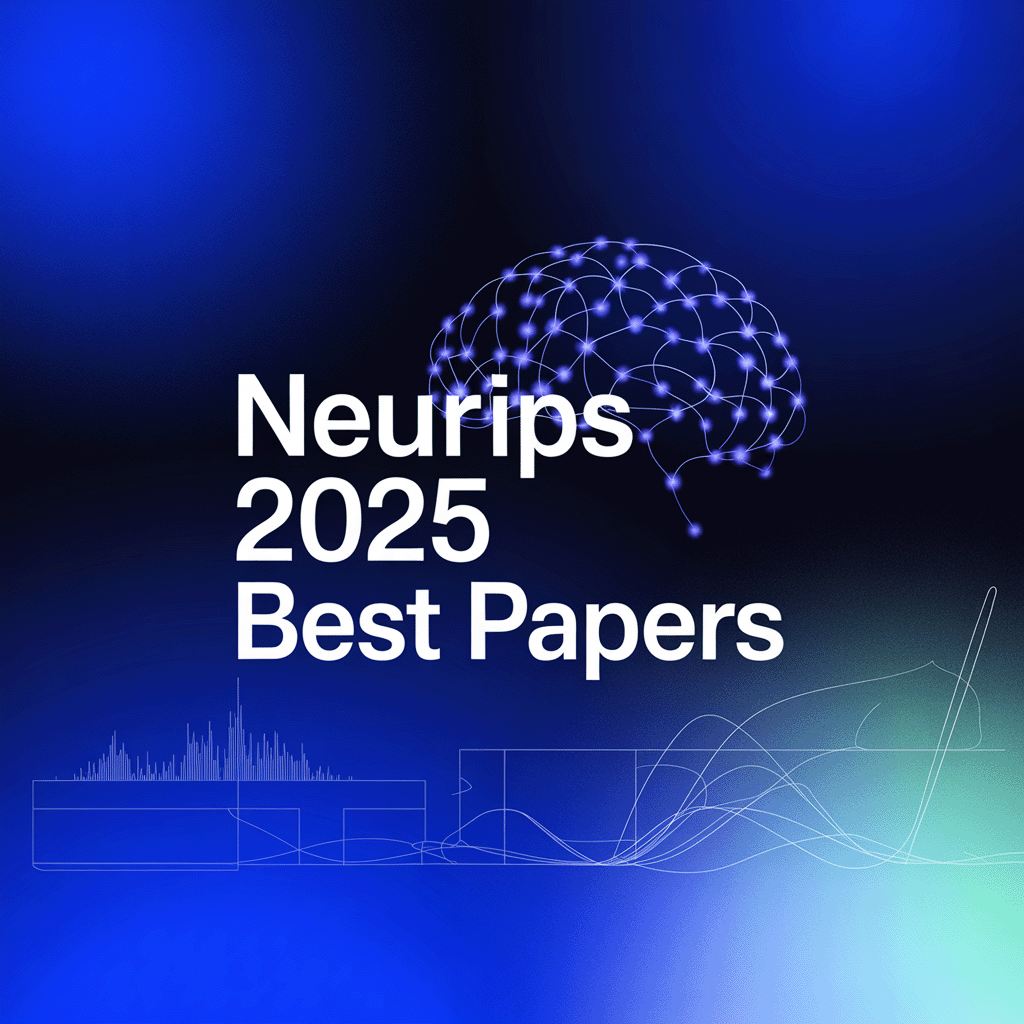Traditionally, complex financial tools and strategies have been the domain of high-powered institutions. But what if the key to smarter financial decisions was right at your fingertips? Artificial Intelligence (AI) is rapidly democratizing finance, making sophisticated strategies accessible to everyone.
From personalized investment advice to fraud detection in milliseconds, AI is poised to become your main street ally in the financial world. Let’s dive into how you can harness the power of AI to take control of your financial future.

Advantages of AI in Finance
The integration of AI into financial services offers a multitude of benefits for both institutions and individual users. Here’s a breakdown of some key advantages categorized by their impact:
| Category | Advantage | Description | Example |
| Enhanced Customer Experience | Personalized Financial Services | AI tailors products and services based on individual financial goals and risk tolerance. | Robo-advisors recommend personalized investment portfolios. |
| Improved Customer Support | AI-powered chatbots provide 24/7 assistance and answer frequently asked questions. | Banks leverage chatbots to answer inquiries about account balances or transfers. | |
| Streamlined Operations and Cost Reduction | Automated Tasks | AI automates repetitive tasks like loan application processing and fraud detection, freeing up human resources. | Insurance companies use AI to automate claims processing. |
| Reduced Operational Costs | Automation reduces the need for manual labor, leading to significant cost savings. | AI streamlines back-office tasks in financial institutions. | |
| Improved Decision-Making and Risk Management | Data-Driven Insights | AI analyzes vast datasets to identify patterns, predict market trends, and assess risk. | AI helps banks make informed decisions about loan approvals and creditworthiness. |
| Fraud Detection and Prevention | AI identifies anomalies in spending patterns and transactions, preventing fraudulent activity. | Credit card companies use AI to detect potential fraud in real-time. |
AI is transforming the financial landscape, making sophisticated tools and strategies accessible to everyone. As AI continues to evolve, its role as our silent partner in financial success will only become more prominent.
AI in Banking: A Revolution in the Making
The financial industry is experiencing a significant transformation due to Artificial Intelligence. AI is set to revolutionize banking by automating routine tasks, personalizing customer experiences, and improving risk management with remarkable precision.
Envision a bank that customizes financial products to meet your specific needs, providing personalized investment advice or tailored credit options based on a thorough understanding of your financial goals and risk tolerance. This is AI at work. Banks can use AI algorithms to analyze vast amounts of customer data, creating financial profiles that lead to better product recommendations.
Security is critical in finance, and AI and security are becoming a crucial combination in fraud prevention. Artificial intelligence in banking can detect unusual transactions and spending patterns in real-time, identifying suspicious activities before they occur. This not only prevents financial losses for banks but also protects customers from unauthorized access to their funds.
Beyond security and personalization, AI enhances operations by automating tasks such as loan processing, where AI credit scoring plays a key role in assessing financial risk, and handling customer service inquiries.. This allows human employees to focus on more complex issues and reduces operational costs for banks. The future of banking and artificial intelligence is one where generative AI drives efficiency and takes customer service to new heights.
Building Your AI Dream Team: Steps for Successful AI Adoption in Finance
AI holds immense potential for financial institutions, but successful implementation requires careful planning and execution. Here’s a roadmap to guide you through the key steps:
- Defining Your Strategic Vision: Don’t jump straight into technology. Identify your business goals for AI adoption. Are you aiming to streamline loan applications, personalize investment advice, or enhance fraud detection? Clearly defined objectives will ensure your AI efforts are aligned with your overall financial strategy.
- Assemble the A-Team: AI isn’t magic – it requires expertise. Build a team with a blend of talent. You’ll need financial professionals who understand the industry’s needs, data scientists to manage and analyze information, and AI specialists to develop and maintain your models. Consider partnering with external AI firms to bridge any skill gaps.
- Data is King (and Queen): AI thrives on high-quality data. Ensure your data is accurate, complete, and relevant to your chosen AI application. For example, if you aim to personalize investment advice, you’ll need historical market data, customer transaction information, and risk tolerance profiles. Remember, “garbage in, garbage out” – poor data quality will lead to unreliable AI results.
- Building the Infrastructure: Don’t underestimate the power you’ll need. AI processing requires significant computing resources. Cloud-based infrastructure offers a scalable and cost-effective solution for many institutions. JPMorgan Chase, for instance, leverages the cloud to power its AI tool “COIN,” enabling it to handle massive datasets efficiently.
- Governance and Security: As AI becomes integrated into financial processes, robust governance and security practices are crucial. With AI used in cybersecurity, financial institutions can proactively protect sensitive data and detect potential breaches before they escalate. Establish clear guidelines for data privacy, model explainability, and ethical considerations. Remember, AI decisions can significantly impact customers, so transparency and fairness are paramount.
- Continuous Learning and Improvement: AI in finance is a journey, not a destination. Monitor your AI models’ performance regularly, identify areas for improvement, and retrain them as needed. The financial landscape is constantly evolving, so your AI should be too.
This revolution requires expertise on both sides: finance and technology. At Litslink, we’re your one-stop shop for AI-powered banking solutions. We’re not just technologists; we’re a team of financial wizards and AI sorcerers who understand the banking industry’s unique challenges and opportunities.
We don’t just dream of a smarter financial future; we develop it. We work closely with our clients to understand their specific needs, then design, set up, and seamlessly integrate AI solutions that empower them. Whether it’s personalized financial products, real-time fraud detection, or automating repetitive tasks, LITSLINK’s financial expertise can revolutionize your banking operations.
We’ll chart a course for a smarter, more efficient banking experience, putting the power directly in your hands.
Challenges and Considerations: Navigating the AI in Finance
While AI in finance offers a treasure trove of benefits, venturing into this territory comes with its own set of challenges and considerations. Here’s a table outlining some key areas to navigate:
| Challenge | Description | Example |
| Regulatory Compliance and Explainability | Financial institutions must ensure their AI models comply with existing regulations and evolving legal frameworks. Additionally, regulators are increasingly emphasizing the need for explainability – understanding how AI models arrive at decisions. | A bank’s AI-powered loan approval system might need to be demonstrably fair and unbiased in its decision-making process. |
| Ethical Considerations and Bias Mitigation | AI algorithms can perpetuate biases present in the data they are trained on. Financial institutions must implement strategies to mitigate bias and ensure fair outcomes for all users. | An AI tool for credit card fraud detection could inadvertently discriminate against certain demographics based on historical data. |
| Data Security and Privacy | AI relies on vast amounts of data, raising concerns about data security and privacy. Robust measures are needed to safeguard sensitive financial information. | Financial institutions must implement stringent data security protocols to prevent unauthorized access or breaches. |
| Talent Gap and Explainability | The financial industry might lack the necessary in-house expertise to develop and maintain sophisticated AI models. Finding and retaining skilled professionals is crucial. | Banks might need to partner with external AI firms or invest in training programs to bridge the talent gap. |
AI Use Cases in Finance
AI isn’t just theoretical – it’s transforming financial services as we know them. Here are a few real-world examples showcasing its impact:
- Personalized Investment Advice: Forget expensive financial advisors. Robo-advisors like Wealthfront and Betterment leverage AI to analyze customer data and recommend personalized investment portfolios. These automated platforms offer a low-cost entry point for individuals to invest wisely.
- Fraud Detection on Steroids: Gone are the days of clunky fraud detection methods. Banks like JPMorgan Chase utilize AI to analyze millions of transactions in real-time, identifying suspicious patterns and preventing fraudulent activity before it occurs. This not only protects customers’ finances but also saves banks millions in potential losses.
- Streamlined Loan Applications: The loan application process can be notoriously time-consuming. Fintech startups like Upstart are using AI to automate loan approvals. Their AI models analyze a wider range of data points beyond just credit scores, leading to faster and fairer loan decisions.
- AI Chatbots Enhance Customer Service: Imagine a friendly virtual assistant always available to assist with finances. Banks like Bank of America employ AI-powered chatbots like “Erica” to answer customer questions 24/7. These chatbots can handle routine inquiries, freeing up human representatives for more complex issues.
Bottom Line
The future of finance is here, driven by Artificial Intelligence. AI is transforming banking from paper statements and lengthy loan applications to personalized advice and real-time fraud detection. Imagine a bank that anticipates your needs, offers targeted investment opportunities, and streamlines loan applications, all through AI.
However, this revolution still requires a human touch. As AI handles repetitive tasks, human expertise becomes essential. Our team combines financial knowledge with AI technology to navigate this new landscape. We understand the unique challenges and opportunities in AI-powered banking.
Together, we can unlock AI’s full potential and create a smarter, more efficient banking experience. Contact us today to see how we can help your financial institution harness the power of AI.





